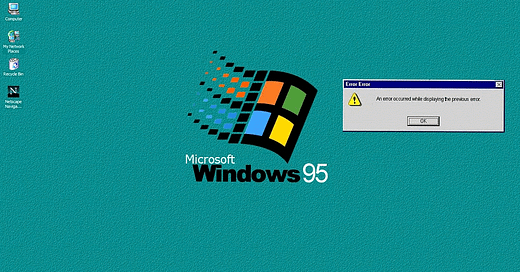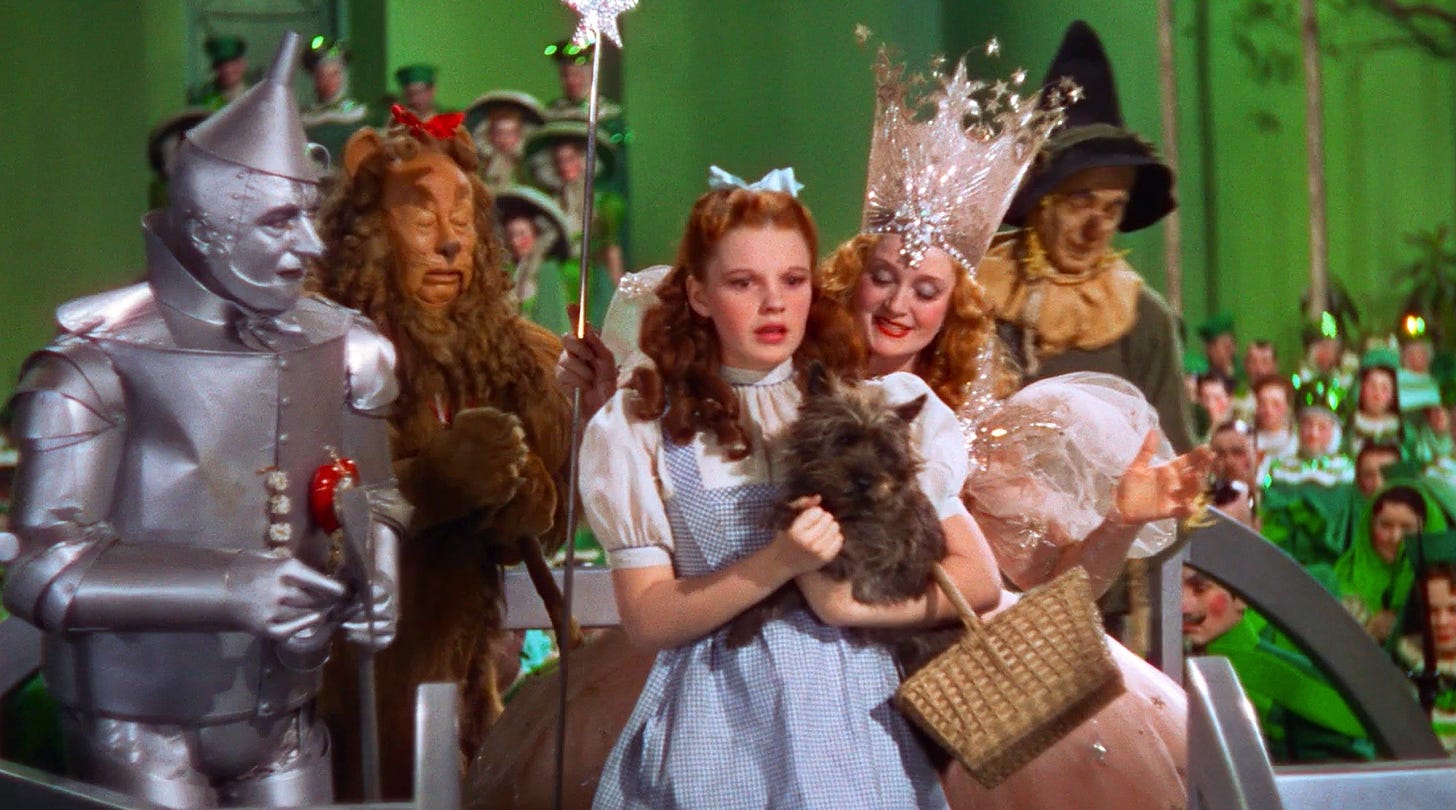In 2023, country superstar Garth Brooks put out some new music in the strangest way possible. I’ll let Rolling Stone explain:
On November 7, Brooks will release Time Traveler … as part of a 7-CD box set that’s the third installment of the country superstar’s The Limited Series. The box set will feature all three of Brooks’ post-retirement studio albums … as well as the triple live album Triple Live, plus Time Traveler … However, The Limited Series is limited exclusively to Bass Pro Shops, the sporting goods store that specializes in fishing gear and the outdoors.
Yes, you read that correctly. Brooks’ latest album was exclusively available at Bass Pro Shops. This seems like an insane release strategy, even for someone who has sold more than 162 million records in the United States. But I actually think in our hyper-digital age, he was onto something, albeit not in quite the right way. As always, this newsletter is also available as a podcast. Listen on Spotify and Apple Podcasts or click play at the top of this newsletter.
Another Music Release Strategy
1948 was a bad year if you owned a big movie studio. First, the U.S. Supreme Court ruled against the studios in United States v. Paramount Pictures, ending many anticompetitive but lucrative practices around theatrical exhibition and distribution. Second, a new technology was on the rise: television.
In their 1994 paper “Household Appliances and the Use of Time: The United States and Britain Since the 1920s,” Sue Bowden and Avner Offer estimated the 1% of American households had a television in 1948. Seven years later, 75% did. Up to the point of publication, that was the fastest a piece of domestic technology diffused through the population. That speed of domination created some fear among movie companies. But it also created opportunity.
For decades, if you wanted to see a movie that was no longer in theaters, you were out of luck. Television changed that. Now, a movie could be played in the theater and then later on TV. Even better, it would make money in both of these scenerios. For example, when CBS negotiated with MGM to air The Wizard of Oz in 1956 — 17 years after its theatrical release — they agreed to pay $225,000 ($2.6 million adjusted for inflation) each time they showed it.
As more at-home viewing technology emerged, movies could make money for a much longer period. You can see this by imaging various revenue streams for a film released in 30-year increments:
1930s: You can make money during the theatrical run
1960s: You can make money during the theatrical run and then licensing your film to television networks
1990s: You can make money during the theatrical run, via sales and rentals of the VHS, and licensing your film to television networks
Now, imagine you jump forward 30 more years to get to the 2020s. Suddenly, this model is broken. Maybe you’ll release your movie for a short run in theaters, but it will likely be available either simultaneously or shortly after on some streaming service viewers likely already pay for. Most people are not signing up for a new service just to watch one movie. Matt Damon described this changing dynamic more explicitly in a 2022 interview on Hot Ones:
The DVD was a huge part of our business … Technology has just made that obsolete. [With] the movies that we used to make you could afford to not make all of your money when it played in the theater because you knew you had the DVD coming behind the release. Six months later … it would be like reopening the movie. When that went away, it changed the type of movies that we could make.
I did this movie [called] Behind the Candelabra. I talked to a studio executive who explained that it was a $25 million dollar movie. I would have to put that much into print and advertising to market it … So, now I’m in $50 million. [Because] I have to split everything I get with the exhibitor — the people who own the movie theaters — I would have to make $100 million before I got into profit. The idea of making $100 million on a story about a love affair between two people … is suddenly a massive gamble in a way that it wasn’t in the 1990s.
While I think Hollywood could benefit from lengthening rather than shortening theatrical release windows, I don’t want to talk about that here. I want to talk about how I think the music industry needs to take some cues from Hollywood of the 1990s.
Keep reading with a 7-day free trial
Subscribe to Can't Get Much Higher to keep reading this post and get 7 days of free access to the full post archives.





